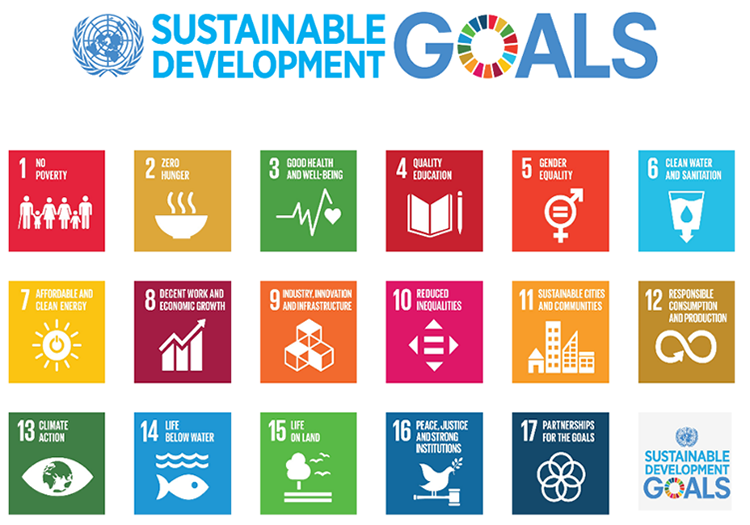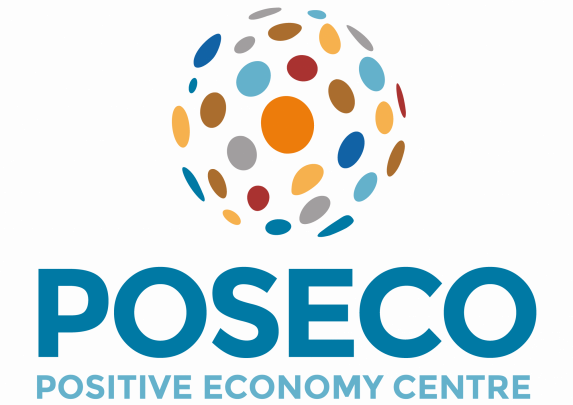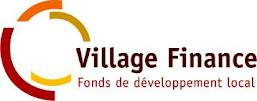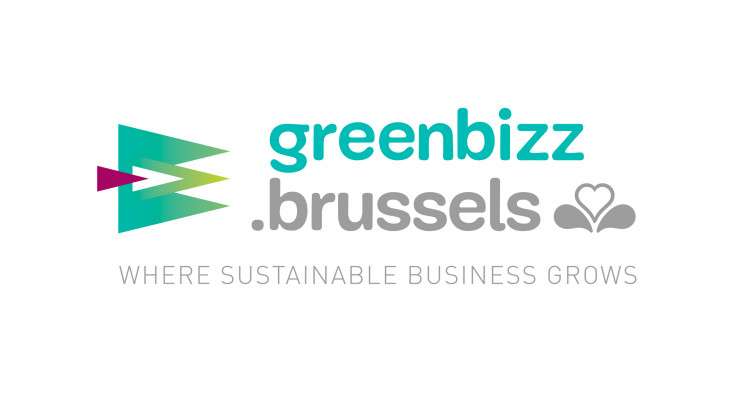The economic transition in Brussels
Our society, on a global scale, is facing enormous challenges, including:
- Climate change
- Growing social inequalities
- Depletion of natural resources
- Dependence on raw materials
- Threats to human rights
- Degradation of land and nature
- Biodiversity loss
- The conflicts caused by all these changes
All this is leading to a growing awareness of the need for systemic change.
The Economic Transition, known as the "Shifting Economy" in Brussels, is one of the pillars of the Government Agreement for the 2019-2024 legislature. It is defined as "the gradual transformation of Brussels' economic activities with a view to contributing to local and global social and environmental challenges as well as creating and sustaining quality jobs for the people of Brussels."
The Shifting Economy thus proposes a reference framework that links economic momentum to social justice and environmental protection, while encouraging citizens to flourish. This integrated approach places the Brussels economy within limits that no longer upset the planet's fragile balance.
As a result, this means supporting the development of economic activities based on decarbonised, circular models that preserve natural and human capital. A movement that all companies can get involved in, whatever their size or sector. Today, the economic transition is not only unavoidable, it also offers a wealth of economic opportunities that companies must take advantage of.
The goals set for the Shifting Economy are ambitious:
- Carbon neutrality by 2050
- Relocation of economic activity
- Maintenance and creation of quality jobs
- Reduction of social inequalities
The Brussels Region is therefore redirecting its economic support (assistance, financing, hosting, public orders, etc.) so that economic activity:
- Is re-anchored territorially
- Is environmentally friendly
- Acquires a social purpose
From 2024, companies in transition will be able to benefit from an increase in economic aid. Companies with objectives that go beyond financial targets will be considered "in transition" and therefore "exemplary". In practical terms, this means that the economy is not just aimed at business income, but also about the well-being of all concerned (employees, customers, suppliers, local residents, etc.) and respect for the planet. In other words, creating economic value is still an objective, but the economy must also make a significant contribution to environmental and social objectives.
The opportunities for being recognised as exemplary are explained in a dedicated section of this guide.
Four regional institutions are piloting the 224 measures that will enable the implementation of this ambitious plan for a decarbonised economy by 2050.
The economic transition on an international scale
Economic transition is obviously a global issue.
It's not just about the environment or the circular economy. It concerns all the societal challenges of our time. That's why the UN's 2030 Agenda has defined 17 global objectives (SDGs = Sustainable Development Goals) with 5 major themes, 169 sub-objectives and 231 indicators to measure their progress. They show the way forward, covering the economic, social and environmental fields.

With its 17 Sustainable Development Goals, the 2030 Agenda provides a response to the major societal challenges of our time, such as:
- Climate change
- Degradation of land and nature
- Unsustainable production and consumption patterns
- Increased waste production
- Depletion of natural resources and raw materials, and energy shortages
- Biodiversity loss
- Threats to fundamental human rights
- International migration and overpopulation
- Poverty and famine
- War and insecurity
The economic transition at European level
The European Union has made a series of commitments as part of the European Green Deal (2019). The Green Deal makes the targets of reducing emissions by 55% by 2030 and achieving climate neutrality by 2050 legally binding. One of the tools proposed by the European Commission to achieve these greenhouse gas reduction targets is the "green taxonomy". This is a classification system for economic activities considered to be sustainable. This plays a major role in directing investment towards economic activities that will enable us to meet the sustainability objectives.
A few specific figures for the Brussels region
Kate Raworth's doughnut theory invites us to rethink our societies between the social foundation, which is made up of the various dimensions of fundamental human rights, and the ecological ceiling, which is made up of the various planetary boundaries. An initial Doughnut portrait of the Brussels-Capital Region has been drawn up, providing a set of indicators showing the state of the region in social and ecological terms, but also how the region affects these aspects beyond its borders.
This Doughnut portrait, in which several indicators are in the red, shows us that we still have some way to go to achieve a situation of balanced prosperity in Brussels.
Here are a few figures to give you an idea of the social and environmental challenges facing the Brussels Capital Region:
- 54% of people of working age have a job
- 31.4% of the population are at risk of poverty
- 17.7% of households live in poor-quality housing
- 32,000 people depend on food aid
- 42% of women and 51% of men are overweight
- The richest 10% earn nine times the income of the poorest 10%
- 43% of trips are made by car
- Air temperatures are 3 degrees higher on average in the centre of the BCR than in its rural areas in summer
- Local production of renewable energy represents 1.4% of the energy consumed
- The BCR produces 1.5 to 2 million tons of waste a year, 35% of which is destined for recycling and reuse
- The products consumed in the BCR lead to land surface consumption four times higher than acceptable levels
- The BCR’s consumption emits seven times its carbon budget, contributing to climate change and ocean acidification
Large, medium, small and very small companies, as well as self-employed persons, all play an essential role in meeting social and environmental challenges. While it's often large companies that receive the most attention in the climate debate, it's small and medium-sized companies that account for 96.8% of businesses in Belgium. SMEs are the fastest-growing part of the economy, and are largely responsible for innovation. It's often SMEs that lead the way towards sustainability because, thanks to their small size, they are more agile and able to adapt quickly to sustainable practices. SMEs and self-employed persons are in an ideal position to explore and develop more sustainable products, services and technologies.
The number of companies setting emission reduction targets has almost doubled every year since 2014, and this trend is set to continue.
Who can help me ?




